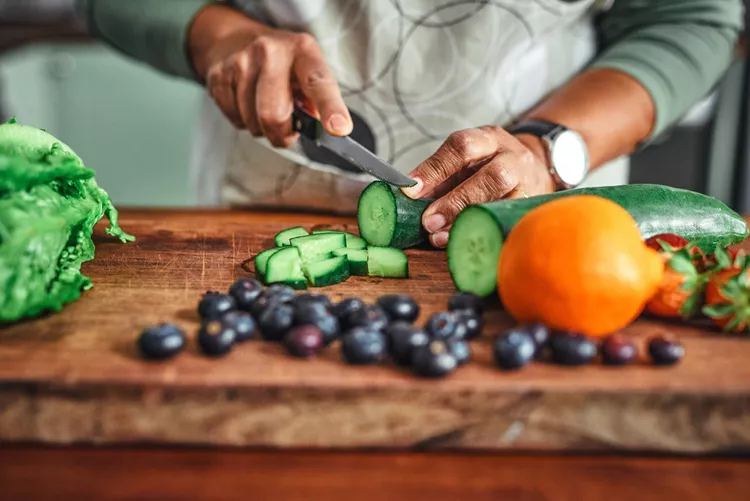In the world of diet trends, the 80/20 rule stands out as one of the most sustainable and approachable methods for maintaining a healthy lifestyle. By focusing on eating nutrient-dense foods 80% of the time and allowing yourself to indulge in treats 20% of the time, this rule promotes a healthy balance that’s easier to stick with long term.
What Is the 80/20 Diet?
The 80/20 diet rule is a straightforward and flexible eating approach. The core principle is simple: aim to consume healthy, whole foods—such as vegetables, fruits, lean proteins, and whole grains—80% of the time. The remaining 20% gives you the freedom to enjoy less nutritious foods, like desserts, processed snacks, or takeout, without guilt. This balance encourages a healthier relationship with food and prevents the feeling of deprivation often associated with restrictive diets.
Key Benefits of the 80/20 Diet
- Sustainability for Long-Term Success
One of the biggest challenges with strict diets is their ability to be sustained over time. The 80/20 rule avoids this by offering flexibility. You can continue to enjoy your favorite foods while making healthier choices most of the time, making it easier to stick with the plan for the long haul. - Supports Balanced Nutrition
Focusing on whole foods for the majority of your meals ensures that you’re getting essential vitamins, minerals, and fiber. By keeping your diet nutrient-rich, you can meet your health goals, whether they’re weight loss, improved energy, or overall better health. - Freedom to Enjoy Occasional Treats
A restrictive diet can create feelings of guilt or shame when indulging in a treat, but the 80/20 rule encourages a balanced mindset. Having 20% of your diet dedicated to indulgence means that you don’t have to feel guilty about enjoying pizza, ice cream, or any other comfort food every once in a while. - Better Relationship with Food
By adopting a less rigid approach to eating, the 80/20 rule helps people build a positive relationship with food. Rather than viewing foods as “good” or “bad,” you start to see them as part of an overall balanced lifestyle, which can promote long-term wellness and healthier habits.
How to Implement the 80/20 Diet
- Focus on Whole, Nutritious Foods
For the 80% of your meals, choose fresh, unprocessed foods like leafy greens, lean meats, fish, beans, nuts, and whole grains. These provide essential nutrients and are beneficial for maintaining energy levels, healthy digestion, and muscle function. - Mindful Indulgence
When it’s time for your 20% of indulgences, do so mindfully. Enjoy your favorite treat, but be aware of portion sizes. Rather than overindulging, savor the experience and stop when you’re satisfied. - Meal Planning for Balance
To make it easier to stick to the 80/20 rule, consider meal planning. By prepping your meals ahead of time, you can ensure that the majority of your diet aligns with the healthy choices you’ve set for the 80%. This also makes it easier to stay on track during the busy parts of the week. - Stay Active
Pairing the 80/20 diet with regular physical activity can amplify its benefits. Exercise helps support weight management, boost energy, and improve overall well-being, enhancing the results of your healthier eating habits.
Is the 80/20 Diet Right for You?
The 80/20 diet works well for individuals looking for a flexible, sustainable way to improve their eating habits without feeling restricted. If you tend to overeat when you feel deprived, this approach might help you develop a more balanced mindset. However, as with any diet, it’s important to consider your own unique needs and health goals before starting. Consulting a nutritionist or health professional can help you tailor the 80/20 rule to best suit your lifestyle.
Conclusion
The 80/20 diet provides an effective and realistic way to improve your eating habits without the stress of perfection. By focusing on whole foods for the majority of your meals and allowing for occasional indulgences, you can build a healthier relationship with food while achieving your health and wellness goals.
#8020Diet #HealthyEating #NutritionTips #BalancedLifestyle #DietPlan




+ There are no comments
Add yours